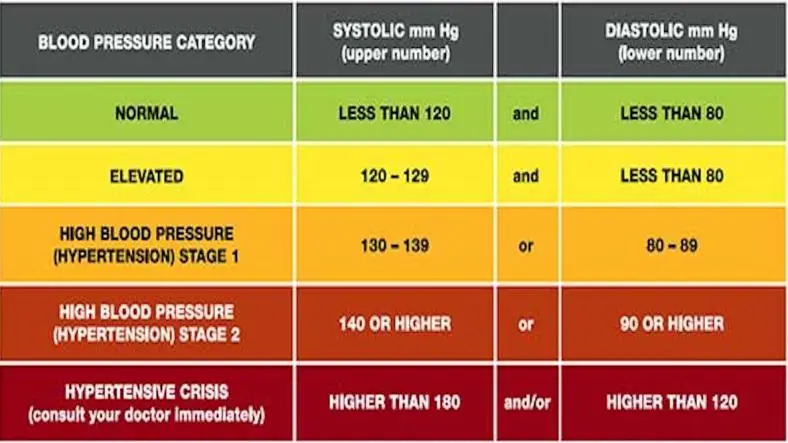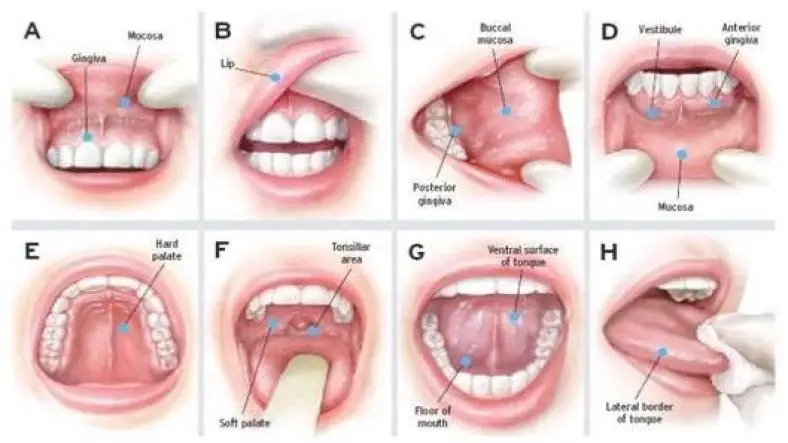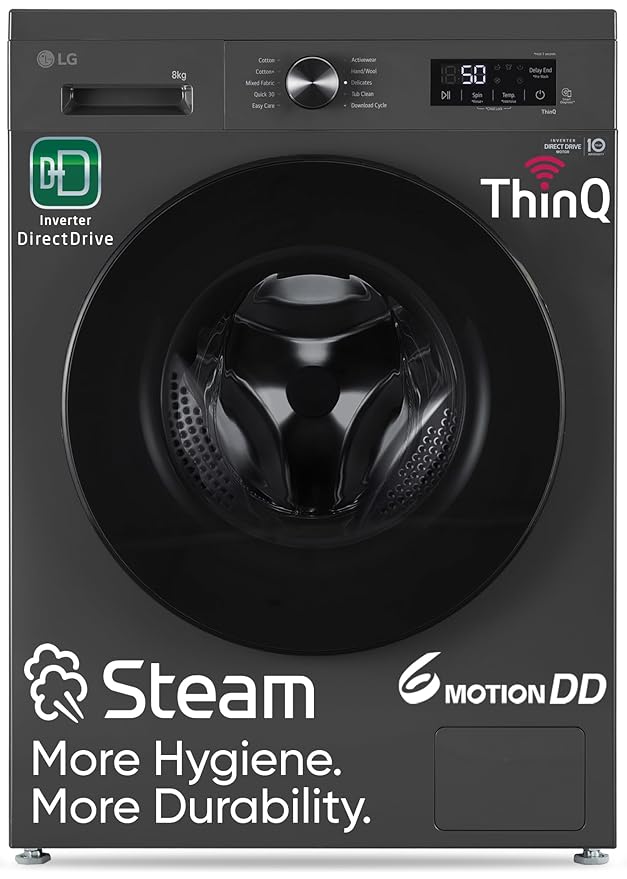Blood pressure is the force of blood pushing against the walls of the arteries as the heart pumps it around the body.
It is an important indicator of cardiovascular health.
Key Components:
- Systolic Pressure: The higher number in a blood pressure reading, indicating the pressure in the arteries when the heart beats.
- Diastolic Pressure: The lower number, indicating the pressure in the arteries when the heart is resting between beats.
Normal Blood Pressure Range:
- Normal: Less than 120/80 mm Hg.
- Elevated: Systolic between 120-129 mm Hg and diastolic less than 80 mm Hg.
- Hypertension Stage 1: Systolic between 130-139 mm Hg or diastolic between 80-89 mm Hg.
- Hypertension Stage 2: Systolic 140 mm Hg or higher, or diastolic 90 mm Hg or higher.
- Hypertensive Crisis: Systolic over 180 mm Hg and/or diastolic over 120 mm Hg. Requires immediate medical attention.
Causes of High Blood Pressure (Hypertension):
- Genetics: Family history of hypertension.
- Age: Risk increases with age.
- Diet: High salt, high-fat diet.
- Obesity: Excess body weight increases risk.
- Physical Inactivity: Lack of regular exercise.
- Smoking: Damages blood vessels and raises blood pressure.
- Alcohol: Excessive consumption can raise blood pressure.
- Stress: Chronic stress can contribute to high blood pressure.
- Chronic Kidney Disease: Can lead to high blood pressure.
Symptoms of High Blood Pressure:
- Often asymptomatic, but severe cases may cause headaches, dizziness, or nosebleeds.
Diagnosis:
- Blood Pressure Measurement: Typically measured with a sphygmomanometer and stethoscope or digital blood pressure monitor.
- Home Monitoring: Regularly monitoring blood pressure at home can help manage and track hypertension.
- Blood Tests and Imaging: May be used to assess overall health and identify related conditions.
Management and Treatment:
- Lifestyle Changes:
- Diet: Adopt a heart-healthy diet such as the DASH (Dietary Approaches to Stop Hypertension) diet.
- Exercise: Aim for at least 150 minutes of moderate-intensity exercise per week.
- Weight Management: Maintain a healthy weight.
- Limit Salt Intake: Reduce sodium consumption.
- Limit Alcohol: Drink in moderation.
- Quit Smoking: Avoid tobacco use.
- Stress Management: Practice relaxation techniques and stress reduction strategies.
Medications:
- Diuretics: Help reduce fluid volume in the body.
- ACE Inhibitors: Relax blood vessels.
- Angiotensin II Receptor Blockers (ARBs): Relax blood vessels.
- Calcium Channel Blockers: Relax and widen blood vessels.
- Beta Blockers: Reduce heart rate and workload.
Complications of Uncontrolled High Blood Pressure:
- Heart Disease: Including heart attack and heart failure.
- Stroke: Increased risk of stroke.
- Kidney Damage: Can lead to chronic kidney disease.
- Vision Loss: Damage to blood vessels in the eyes.
- Aneurysm: Risk of aneurysm in the arteries.
Monitoring and Regular Check-ups:
- Regular visits to a healthcare provider for monitoring and managing blood pressure are essential. Self-monitoring at home can complement professional care.
Maintaining healthy blood pressure is crucial for overall cardiovascular health. Lifestyle modifications, regular monitoring and medication adherence are key to managing blood pressure effectively.
Thanks for reading the article, for more health related articles read our peoples blog articles.














